Sometimes, equipment is really important, you want the best.
For us, the temptation is to spend a lot of money on a lot of gear, most of which we don’t really need.
Today, I want to look at the other side of that point. Sometimes, having quality gear really does make a difference.
I like to think of it as spending versus investing.
Don’t be like BATMAN.
I’ve met some hunters that remind me of the 60’s Batman character.
Do you know the type?
He’s got a belt full of gadgets, a borderline obnoxious knowledge of all the trivial details of his armament, and he has a little trouble looking from side to side because he’s wearing so much awesomeness at once.
You with me now? There is no need to be that kind of hunter. None.
I think if we were honest, there’s a strong pull to become the Batman-style hunter. We all have that closet/room/garage/basement with loads of gear we rarely touch.
I wish someone would have sat me down years ago and said,
“Look, Farley. You can spend yourself poor on all kinds of gear, but you’ll regret 80% of it. I’ll tell you which stuff matters, which stuff doesn’t, and keep you from wasting a lot of money.”
That’s my goal here today. I want to be that guy for you, the guy I wish I’d had in my corner a long time ago.
First, I’ll share a list of questions that can keep you from wasting your time and money when you’re considering your hunting gear purchases.
Then, I’ll end the post with a list of the gear I use when quality matters. It’s my list of high-end gear that has been well worth the investment.
Questions to Ask Before You Buy:
Here are a series of questions to help you think through where you want to invest in high quality gear rather than spend money on more gadgets for your junk closet.
#1 – Is it cool, or actually helpful?
There is a lot of very cool stuff available today. It’s easy to get lured in by the cool factor, make a purchase, and then realize that it didn’t really help solve a problem you had. Ask yourself,
“Will this solve a problem I’ve had before? Or is it just a great idea that I wouldn’t really use?”
#2 – Will it help me in the field?
Keep your hunting conditions in mind when you’re considering a purchase.
- Do you hunt close to your truck?
- Do you backpack everything in?
- Will you have to carry this around all day or can you go back for it in the car?
- Will you hate having to lug that thing around the woods or will it make things much easier?
#3 – Does it make a difference in the preservation of the meat?
- What happens if you’re actually successful (it’s bound to happen eventually) and you kill an animal?
- Will you regret not having this when you’re quartering, packing, and transporting the meat?
- Would it be worth it to carry these around in case you needed them to keep the meat from spoiling?
Then it’s probably an area where you can invest. Will it just make things simpler, but maybe not help preserve the meat or speed up the process? Then you can probably benefit from not toting it around all the time.
#4 – Does it help me get something dead?
There are a lot of good products out there, with very creative uses, but they’re not really going to change the outcome of any hunt. If it doesn’t give you a distinct advantage, it’s probably not worth carrying around. Here are some ways to think through this:
Sometimes, gear is a nice bonus – but not a necessity. You’ll find over the years that those side benefits work their way out of your pack as weight and mobility become priority. It’s simple enough to ask, “If this piece of my gear was to break, would it ruin the hunt?” If the answer is yes, then you should pay attention and consider it an investment in the hunt. If the answer is no, then save your serious investment for the “yes” items. Price isn’t always a determining factor in quality or reliability. Do your homework, test out the products, and ask everyone you can first. Below is a list of areas of my hunting gear where I refuse to go for cheap. These are areas where I want the best I can afford. If you know some other experienced hunters, I’d get their short lists, too. It’ll probably help you determine where to invest and where to spend. If my feet are wet, cold, or sore, the hunt is awful. Your feet are your most used piece of hunting gear. Treat them well! A good knife will make field dressing faster, safer, and cleaner. I can’t tell you enough to get a couple of good quality knives for your pack. You’ll need one for detailed cuts, and one for heavy/utility cutting. My next-to-skin and warmth layers are vital. I’m going to wear them the whole day and they’ll determine if I’m comfortable enough to stay in the field or not. My merino wool layers don’t hold odor, breath well, and keep me very warm for their weight. But they aren’t cheap. A sudden downpour can ruin a hunt if I get soaked. Strong winds can slice through a still hunter like a knife. Making sure I have bad-weather layers in my pack is always at the front of my mind. It will be the difference between sitting through this afternoon rain and getting that turkey that comes out with the sun, or packing it in early. There are so many good options for hunters today, it almost seems silly. But a quality, dependable hunting weapon is critical. A company that stands behind their product and has a reputation for dependability is a must for my bow or gun. Inevitably, I’ll need more stuff than my two hands can comfortably tote. A comfortable pack that I can wear all day and use as rifle support, meat hauler, and pillow on an afternoon hillside is critical. It needs to be tough enough for an unexpected slip on a hill, and nimble enough to slip through the timber without clanking around like the Tin Man. I fought this one for way too long. Having bright, clear optics can be the difference between picking out a buck bedded ahead of me and stalking in on him, or jumping him out of his bed, never to be seen again. Rugged, clear, and dependable optics are hanging from my chest on every hunt. Every. Hunt. I hope these questions and tips will help you as you’re building (or continually re-building) your hunting kit. Please leave any questions or comments below so we can talk more if I overlooked anything. What would you add to the list of must-haves? Where do you advise that guys NEVER go cheap on hunting gear? Let us know below. Never buy camo “drop-ables”! Anything that you could drop or would set down while hunting should not be camo. Trust me. If you spend two days looking for your new iPhone laying face-down in the leaves in its camo case, you’ll never want camo again. My knife is blaze orange. My binoculars are solid green. My phone case has a bright yellow sticker on the back. My GPS has bright orange tape on it. You get my drift? Google & forums. When we’re talking about investing in quality hunting gear, it can get expensive fast. I always do my homework, search for reviews, read what others liked and hated about the product, look for forums that have discussion threads around that piece of gear, and search for videos that give a good overview of the product. THEN I’ll go look at it in person and buy if I determine it’s what I’m looking for.
#5 – If this piece of my kit fails, would it be a serious problem?
The Gear that Matters (a.k.a. – where not to go cheap)
1) Boots
2) Knife
3) Base Layers
4) Weather Layers
5) Weapon
6) Pack
7) Optics
Conclusion
Pro Tip
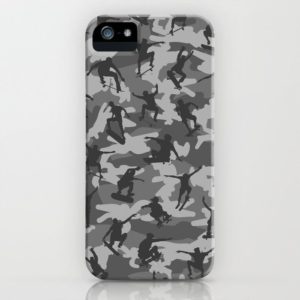
My Gear


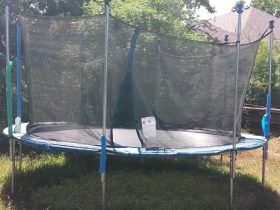


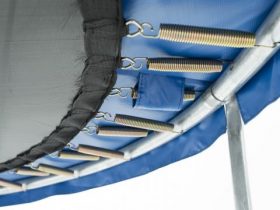
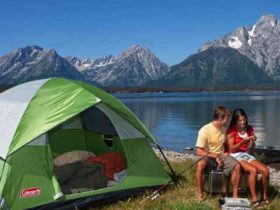

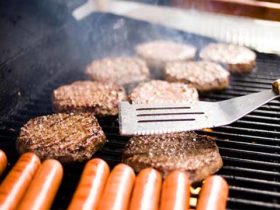
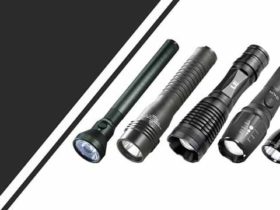
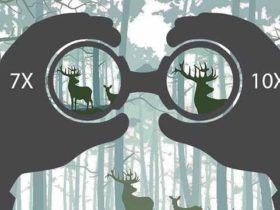
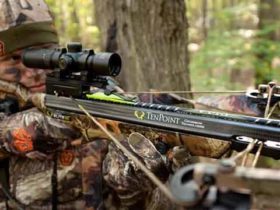
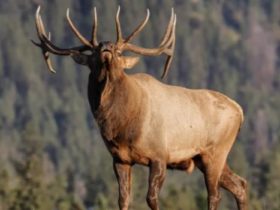
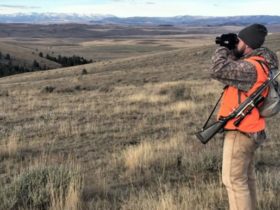
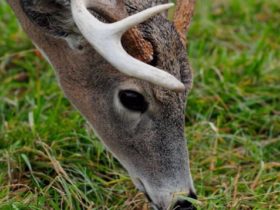
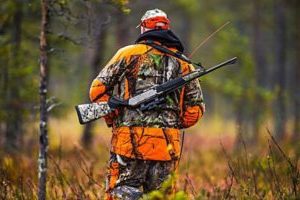
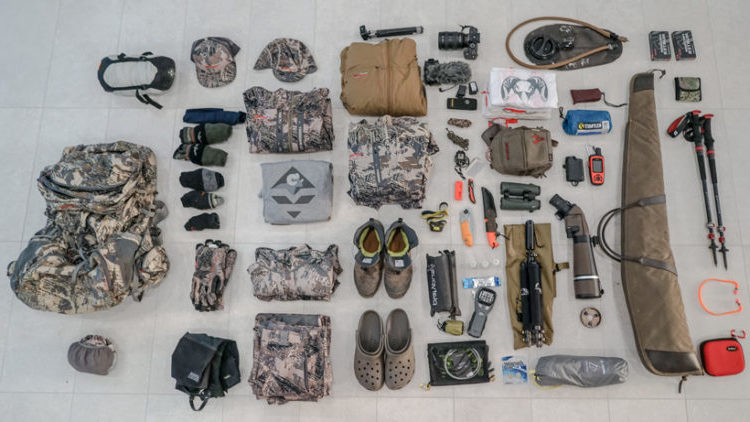
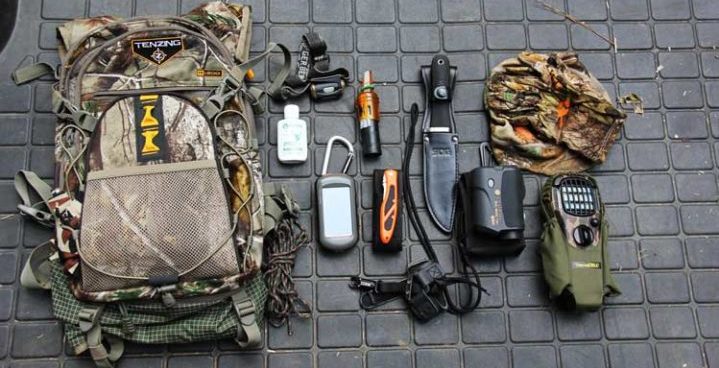




Leave a Reply
View Comments